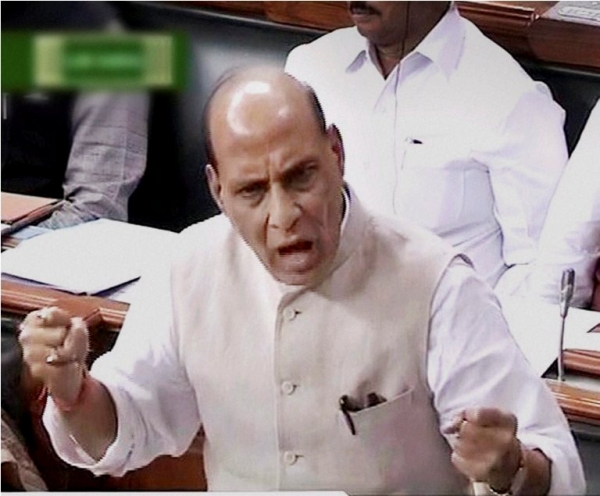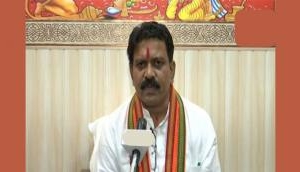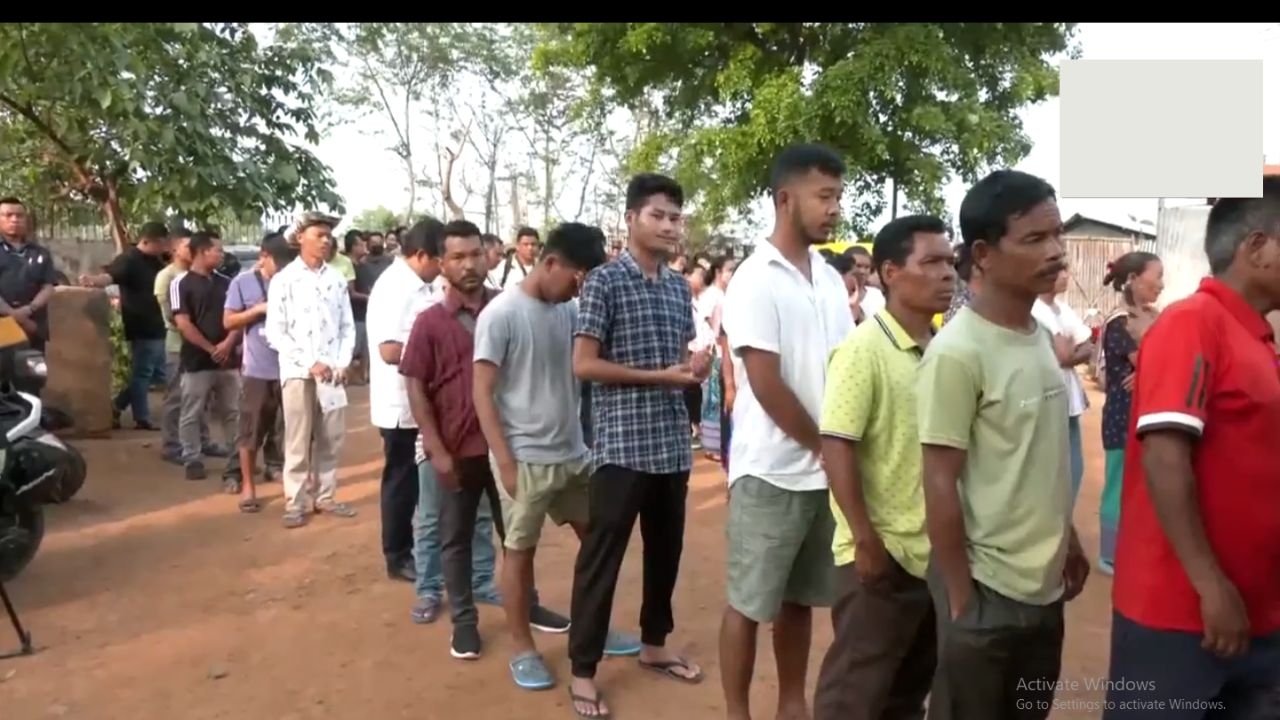
A day after Home Minister Rajnath Singh accused JuD chief Hafiz Saeed of having masterminded the JNU Afzal Guru protests, #RajnathGoofsUp continued to trend on social media.
Newspaper editorials too were unanimous in criticising the ruling government's action against JNU students and the Home Minister's conduct while handling the matter.
Since the Home Minister evidently takes note of Twitter chatter, he must also find the time to read the advice that has been offered to him in the form of opinion pieces published in some leading dailies today - no matter how harsh or unpleasant they may be. Here's a look at these editorials.
Here's what Indian Express' columnist Pratap Bhanu Mehta had to say about the row:
The crackdown signals an utter lack of judgment in the government, whether ministers manage to manufacture a national crisis out of what were always, at best, minor affectations in student politics. The ABVP's constantly seeking government interference in university affairs on ideological grounds does not portend well for the future.
It has even given all those not on the Left a reason to rally with the Left. JNU's importance to national intellectual life had been waning the BJP has just resurrected it. Even from the point of view of their own critique of the Left, this is an own goal.
It suggests that the BJP is a party that cannot repress its own base instincts, whose petty politics of resentment will always subvert whatever long term goal it might have...Nothing that the students did poses nearly as much threat to India, as the subversion of freedom and judgement this government represents.
Perhaps the most scathing criticism comes from The Telegraph's Mukul Kesavan. He writes:
Kanhaiya is a PhD student. His home is Begusarai, in Bihar. His father is a partly paralyzed peasant, his mother is an anganwadi worker who earns Rs 4,000 a month. This is the poor, politically engaged young man that Rajnath Singh and Smriti Irani want us believe is India's Public Enemy No 1. As I write, the deputy commissioner of police (South) has recommended that his case be handed over to the Delhi Police's Anti-Terrorism Squad.
An elected student leader has been charged with sedition and might be given over to the tender mercies of a notorious ATS because sloganeering students outraged nationalist sensibilities? Have we all gone mad?
What we are seeing in JNU and what we saw in the University of Hyderabad, is a textbook demonstration of the sangh parivar working as a joint family.
The ABVP, looking for campus turf, complains to a BJP patron (in this case Maheish Girri, an MP) who has a word with the home minister or human resource development minister, who in turn visits retribution on the ABVP's rivals. In Hyderabad, this scheme was thwarted by Rohith Vemula's tragic suicide; this happy family has now gone fishing again, looking this time for live catch.
Feminist scholar and JNU professor Nivedita Menon's piece in The Hindu reads:
The slapping of charges of 'sedition' on the JNUSU president is a matter for a separate discussion. Suffice it here to say that it has been sufficiently established by Indian courts that mere words and speech cannot be criminalised unless used to incite mobs or crowds to violent action.
More importantly though, 'sedition' as a crime has no place in a modern democracy, there is no justification whatsoever for provisions that criminalise and silence dissent and ethical challenges to the dominant order. These provisions are unconstitutional and anti-democratic. This colonial era provision loyally upheld by India was in the meanwhile repealed in the United Kingdom in 2009.
The Modi regime, in its bid to be a global superpower through a route that transforms 'Made in India' to 'Make in India', in a re-inscription of the colonial division of labour in which India offers cheap labour to global capital, is right to target universities and young people. It is these that pose one of the most formidable challenges to the savarna Hindu nationalist and neo-liberal vision of India, and which continue to foreground social justice, equality and freedom, the values enshrined in our Constitution.







![BJP's Kapil Mishra recreates Shankar Mahadevan’s ‘Breathless’ song to highlight Delhi pollution [WATCH] BJP's Kapil Mishra recreates Shankar Mahadevan’s ‘Breathless’ song to highlight Delhi pollution [WATCH]](http://images.catchnews.com/upload/2022/11/03/kapil-mishra_240884_300x172.png)

![Anupam Kher shares pictures of his toned body on 67th birthday [MUST SEE] Anupam Kher shares pictures of his toned body on 67th birthday [MUST SEE]](http://images.catchnews.com/upload/2022/03/07/Anupam_kher_231145_300x172.jpg)






